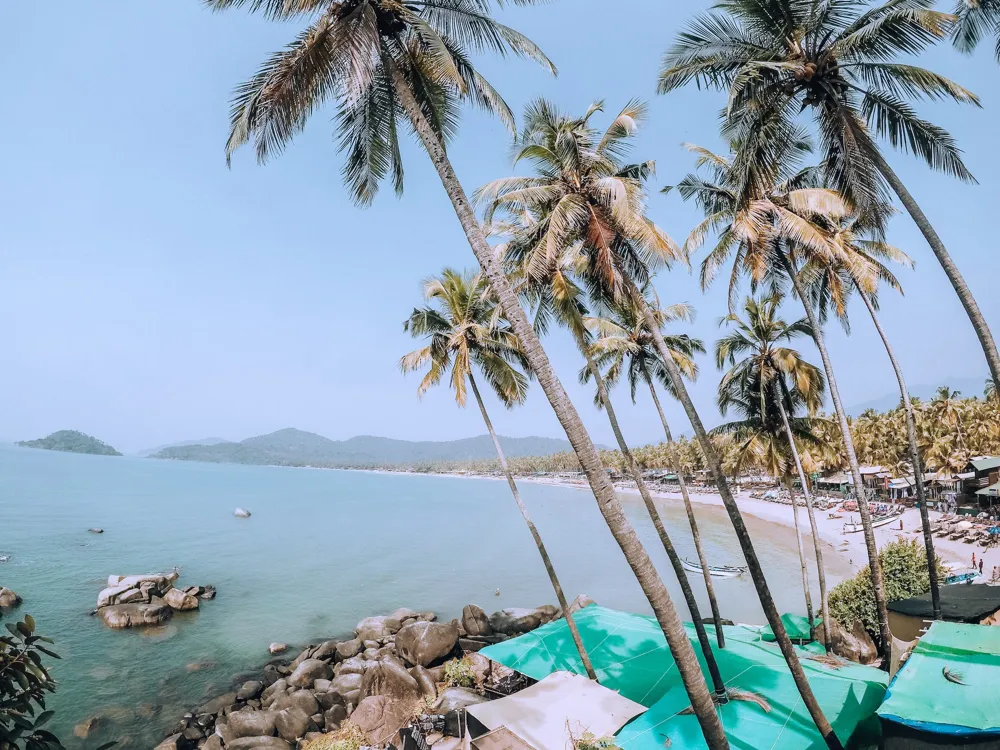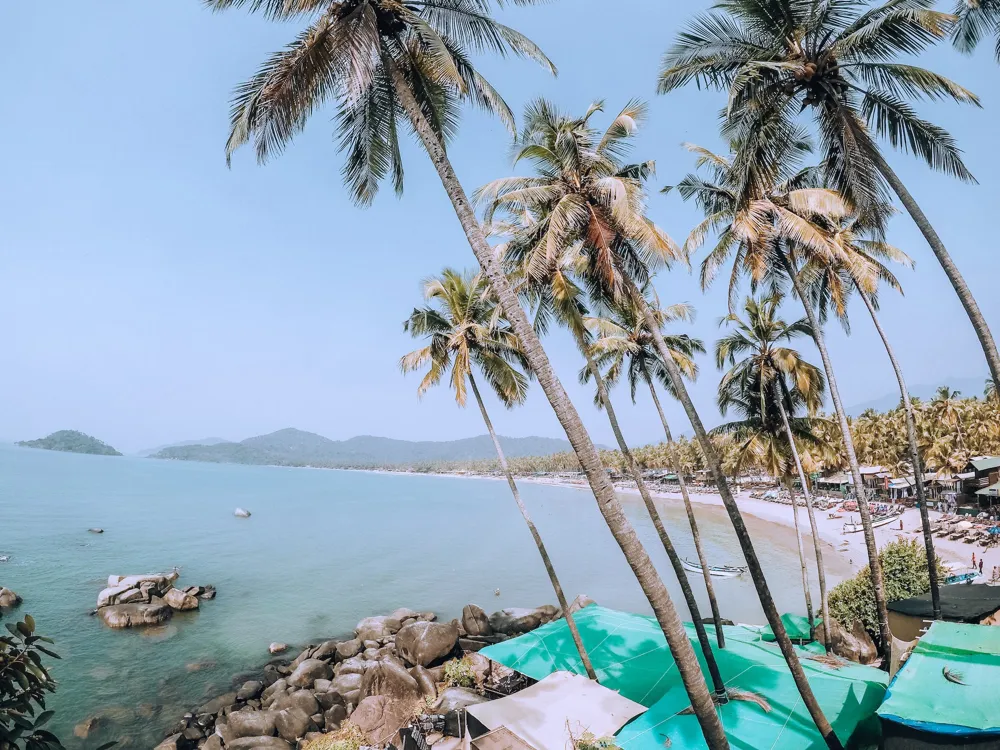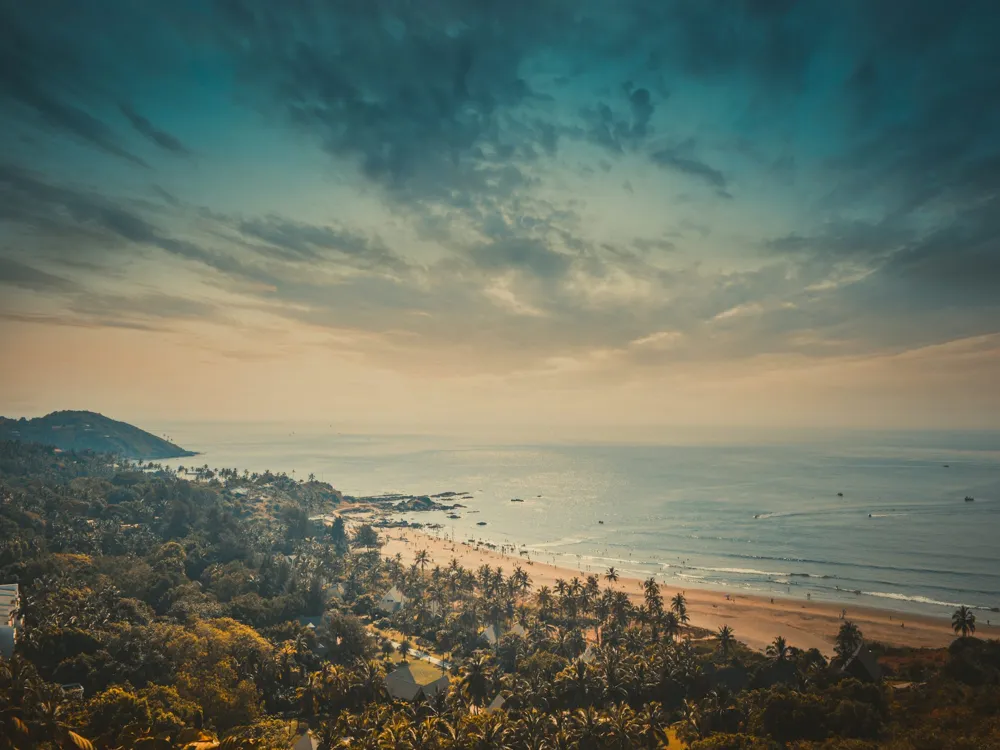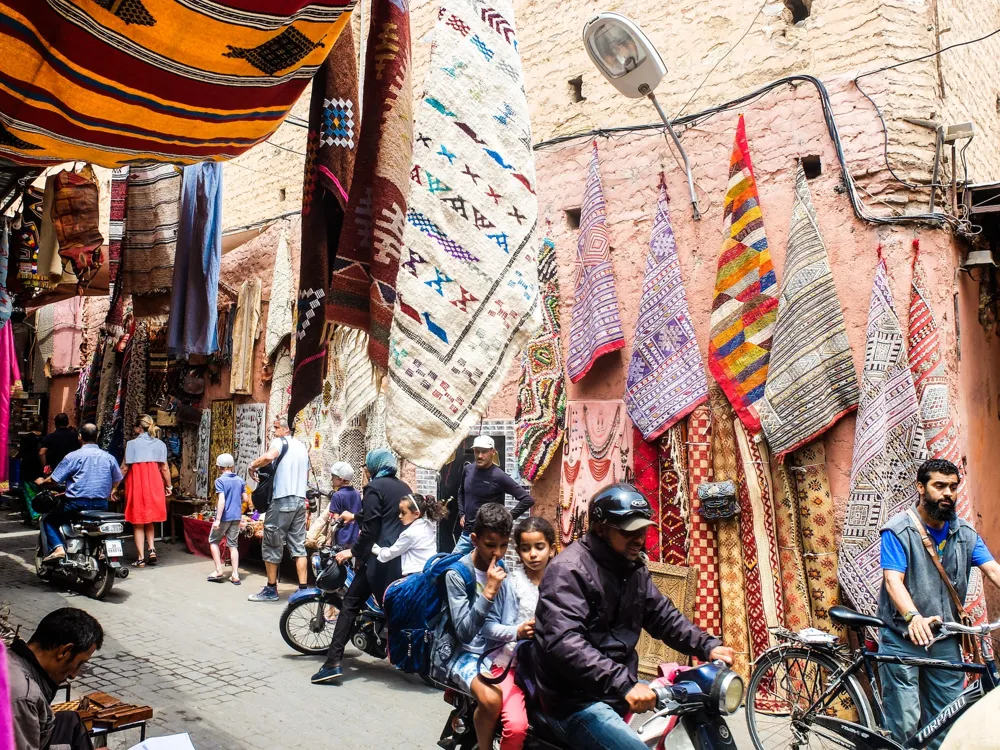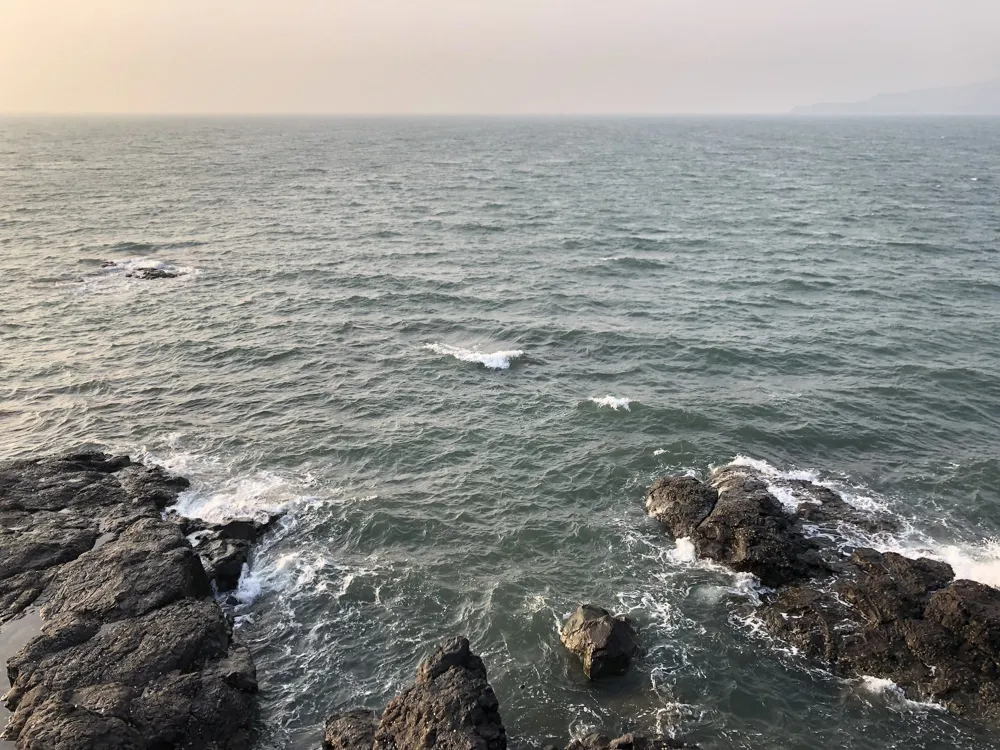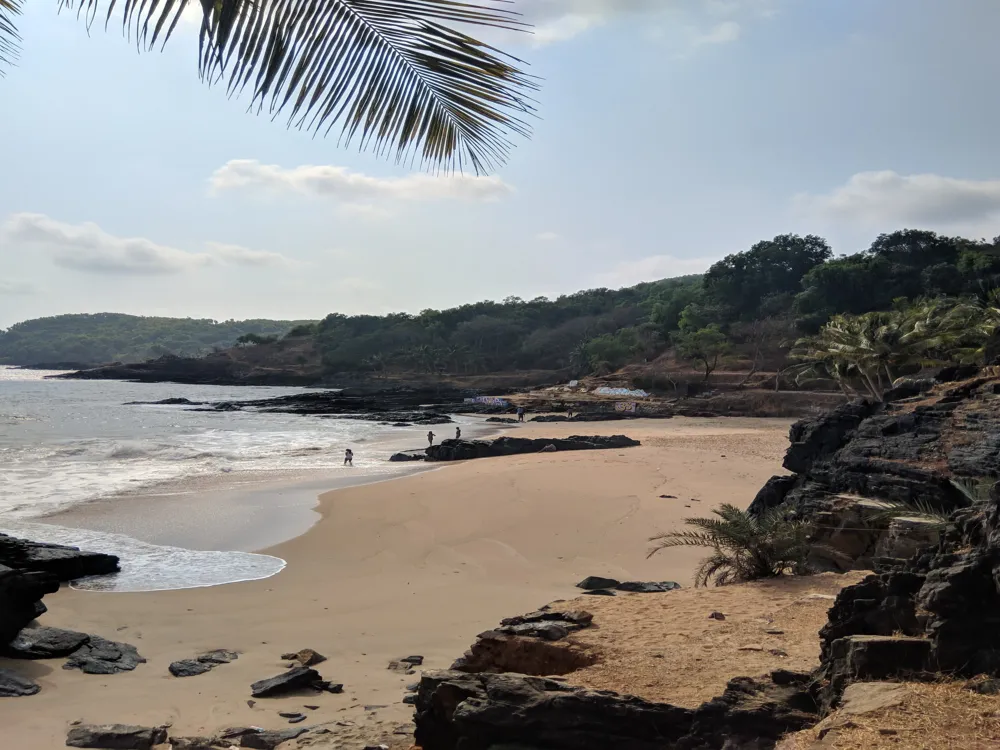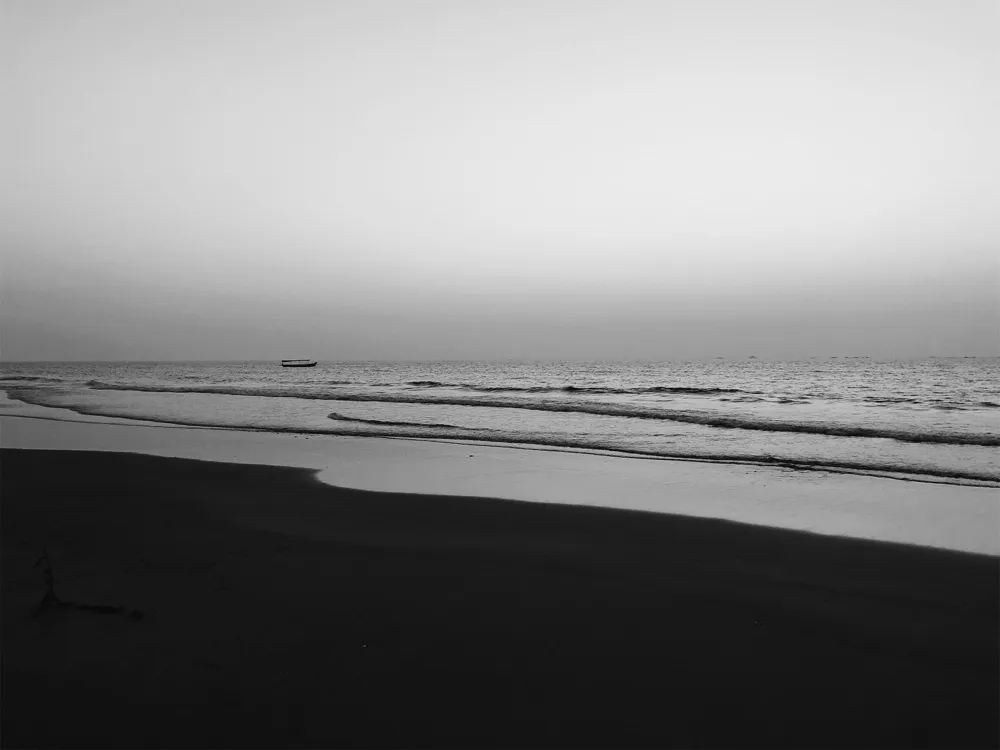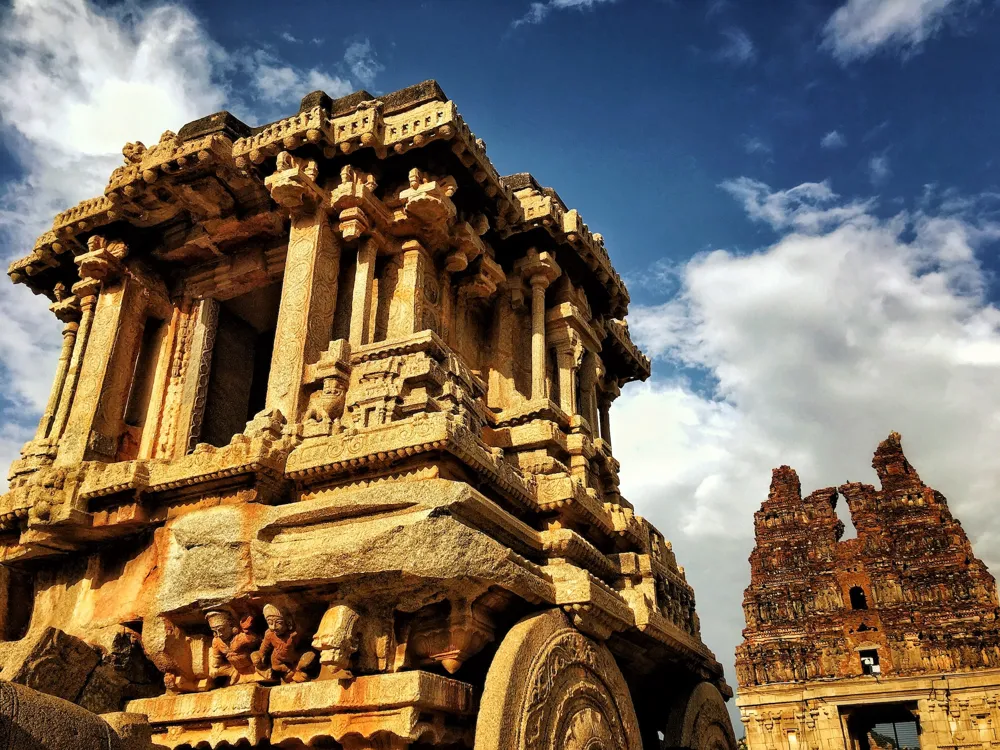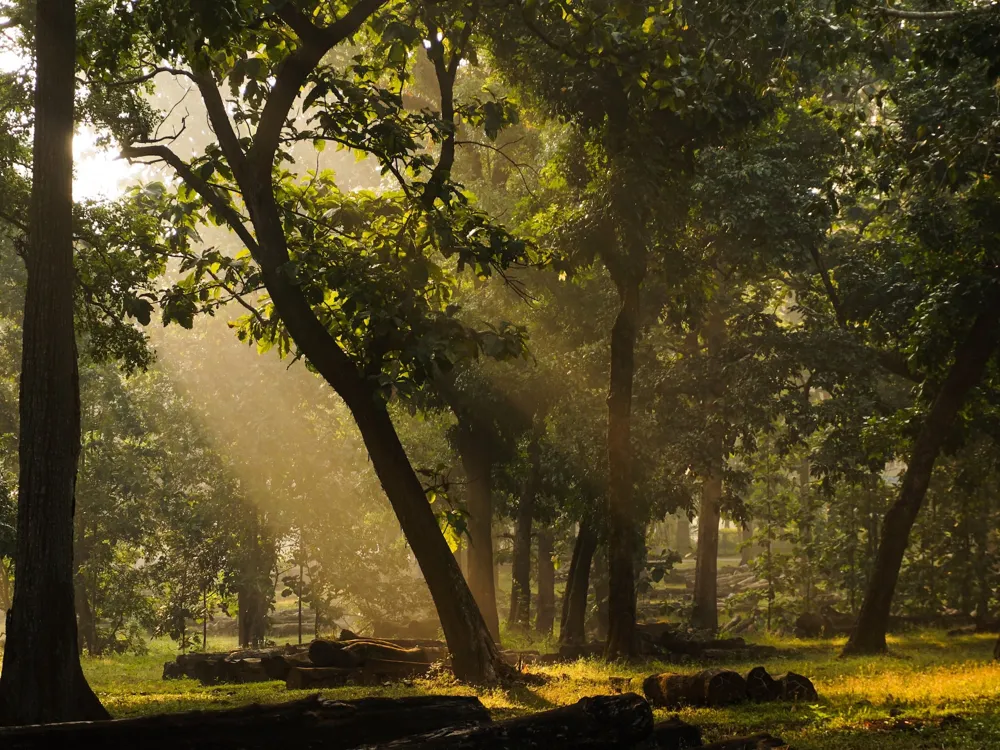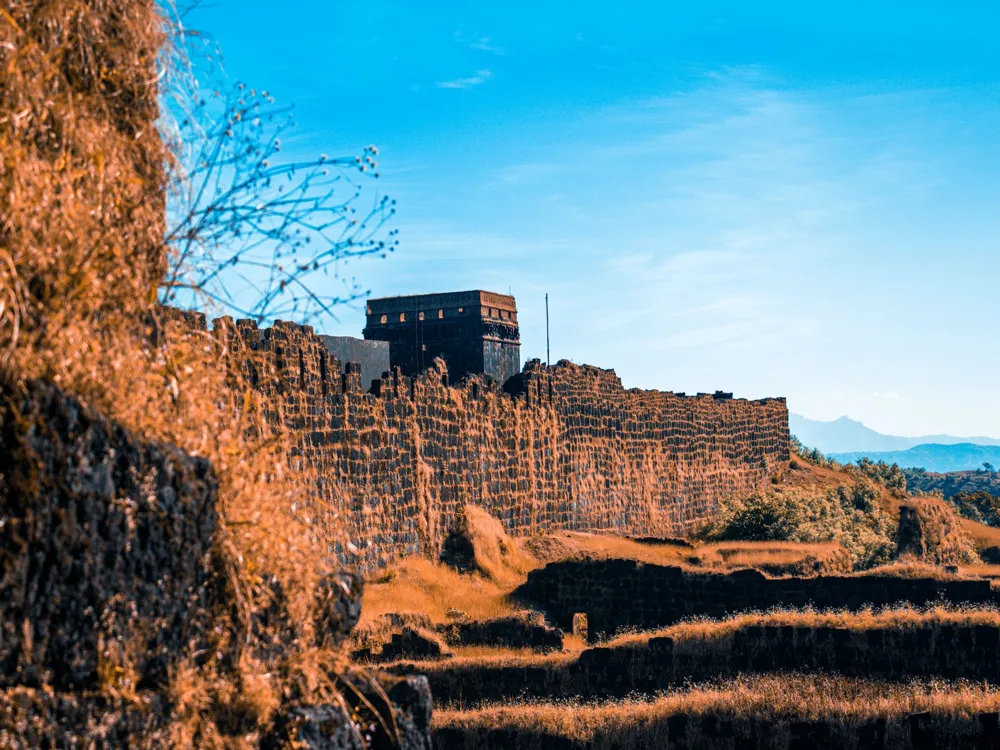Nestled in the lush greenery of Goa, Pascoal Spice Farm stands as a testament to the region's rich agricultural heritage. This picturesque farm, spread over acres of fertile land, offers a unique glimpse into the world of spices and tropical fruits. Visitors to Pascoal Spice Farm are greeted with the aromatic scents of spices like nutmeg, cinnamon, and cloves, which are grown here in abundance. The farm is not just a place for cultivation; it's a sanctuary where nature and agriculture coexist in harmony.
The history of Pascoal Spice Farm dates back several decades, where traditional farming techniques have been preserved and passed down through generations. Here, visitors can witness the intricate process of spice cultivation, from planting to harvesting. The farm employs organic farming methods, ensuring that the spices and fruits retain their natural flavors and medicinal properties. It's a living library of Goan agricultural practices, offering insights into the sustainable farming methods that have thrived in this region.
Besides spice cultivation, Pascoal Spice Farm is also home to a variety of tropical fruits and medicinal herbs. The farm's biodiversity is a testament to the region's climatic conditions, ideal for growing a plethora of plants. A walk through the farm is a sensory experience, with each turn presenting a new sight, smell, or taste. Visitors can savor the flavors of fresh spices and fruits, gaining an appreciation for the natural bounty that Goa has to offer.
The architecture of Pascoal Spice Farm is a harmonious blend of traditional Goan styles with eco-friendly design. The structures within the farm are built using locally sourced materials like laterite stone, wood, and coconut palm leaves, creating a rustic yet charming aesthetic. The farm's buildings are designed to be in tune with the natural surroundings, ensuring minimal environmental impact while providing a functional space for spice processing and visitor activities.
The main attraction in terms of architecture is the traditional Goan house located on the farm. This house, often used for hosting visitors, showcases the classic Goan architectural style with its high ceilings, large verandas, and intricate woodwork. The house serves as a perfect example of how traditional design can provide natural cooling, essential in Goa's tropical climate.
The farm's layout is thoughtfully designed to facilitate easy movement between the different sections, such as the spice gardens, fruit orchards, and processing areas. The pathways meander through the plantation, offering visitors a chance to immerse themselves in the natural beauty while learning about the different spices and their uses.
The ideal time to visit Pascoal Spice Farm is between November and March, when the weather in Goa is pleasant and the spices are in full bloom. Comfortable clothing and sturdy footwear are recommended, as the tour involves a fair amount of walking. Hats and sunscreen are also advisable due to the tropical sun. Opt for a guided tour to get in-depth knowledge about spice cultivation and the farm's history. Guides can provide insights that are not apparent to the casual observer.
Pascoal Spice Farm is located in Ponda, Goa, and is easily accessible by various modes of transportation. For those driving, the farm is well-connected by road and has ample parking space. For visitors using public transport, buses frequently ply to Ponda from major Goan cities. Once in Ponda, local taxis or auto-rickshaws can be hired to reach the farm. Additionally, many hotels in Goa offer tour packages that include transportation to and from the spice farm.
Overview of Pascoal Spice Farm in Goa
Architecture of Pascoal Spice Farm
Tips When Visiting Pascoal Spice Farm
Best Time to Visit
What to Wear
Guided Tours
How To Reach Pascoal Spice Farm
Pascoal Spice Farm
Goa
NaN onwards
View goa Packages
Weather :
Tags : Farms & Plantations
Timings : 9:00 AM - 3:30 PM
Entry Fees : Children (below 5 years) - No entry fee
Children (over 5 years) - INR 200
Adults - INR 400
Tips : Carry your identity proof and address proof for verification - Aadhar card/Passport/Driving License
Planning a Trip? Ask Your Question
Goa Travel Packages
View All Packages For Goa
Top Hotel Collections for Goa

Private Pool

Luxury Hotels

5-Star Hotels

Pet Friendly
Top Hotels Near Goa
Other Top Ranking Places In Goa
View All Places To Visit In goa
View goa Packages
Weather :
Tags : Farms & Plantations
Timings : 9:00 AM - 3:30 PM
Entry Fees : Children (below 5 years) - No entry fee
Children (over 5 years) - INR 200
Adults - INR 400
Tips : Carry your identity proof and address proof for verification - Aadhar card/Passport/Driving License
Planning a Trip? Ask Your Question
Goa Travel Packages
View All Packages For Goa
Top Hotel Collections for Goa

Private Pool

Luxury Hotels

5-Star Hotels

Pet Friendly









